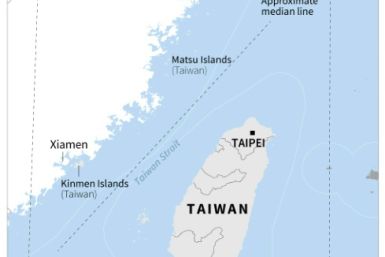More Bad News for Aussie Retailers as Consumers Hold Tighter to Purses
If 2011 was a bad year for Australian retailers, the industry should not expect an improvement for 2012 since new research shows that Aussie consumers plan to hold tighter to their purses this year.
The study by Boston Consulting Group (BCG) said that despite the strong Australian economy, many Aussies are financially insecure which led them to plan to further cut spending in the coming months.
The report said 12 per cent of the 1,400 Australian respondents are in financial trouble and 35 per cent not financially secure, for a total of 47 per cent. In comparison, American consumers who were hit harder by the global financial crisis registered a total of 48 per cent, while European Union members who are reeling from the debt crisis logged a lower 43 per cent.
The spending cut by Australian consumers would target discretionary items. In the same survey made by BCG in 2011, only 36 per cent of Aussies felt they were in financial trouble or not financially secure.
"We might be half a world away from the European financial crisis and the high unemployment levels of the northern hemisphere, but Australian consumers are just as battered and cautious as those in the U.S., the UK and many other developed countries," The Sydney Morning Herald quoted BCG Consumer Practices leader James Goth.
In anticipation of curtailed consumer spending, furniture chain Nick Scali forecast a 22 per cent decline in full-year net profit between $9 million and $9.5 million, from $11.6 million in 2011.
The company attributed the lower net profit to the opening of five new stores and consumer preference for discounted items.
Another retailer, blinds and curtains maker Kresta, said it expected loss before interest and tax of $1.5 million to $2 million. Experts said they are anticipation more profit downgrades in the coming weeks by other Aussie retailers after they experienced weak Easter sales. Weeks earlier, Harvey Norman and JB Hi-Fi also reduced their profit level forecasts.
The new BCG research is its 11th with 15,000 respondents from 16 nations. BCG asked the survey respondents questions that focused on financial and job security, spending plans and savings habits.
Mr Goth observed that Australians now prefer to save than to shop.
"Even if the economy turned around 90 per cent, they said they would still save more money, they are not going to change that habit," he added.
The same sentiment was expressed by retailers who are hoping the cash handouts to Aussie families due to the carbon tax would somehow end up in shopping malls, but shop owners admittedly are pessimistic that scenario would happen.






